Napa Valley College (NVC) is a California public community college serving over 7,000 students in the world-famous Napa Valley. Its beautiful main campus sits on 160 acres overlooking the Napa River and is just minutes from downtown Napa. Courses and program offerings at NVC are broad and pathways include general education; business; visual, design & performing arts; wine and food; human services and health; people, culture and society; and more.
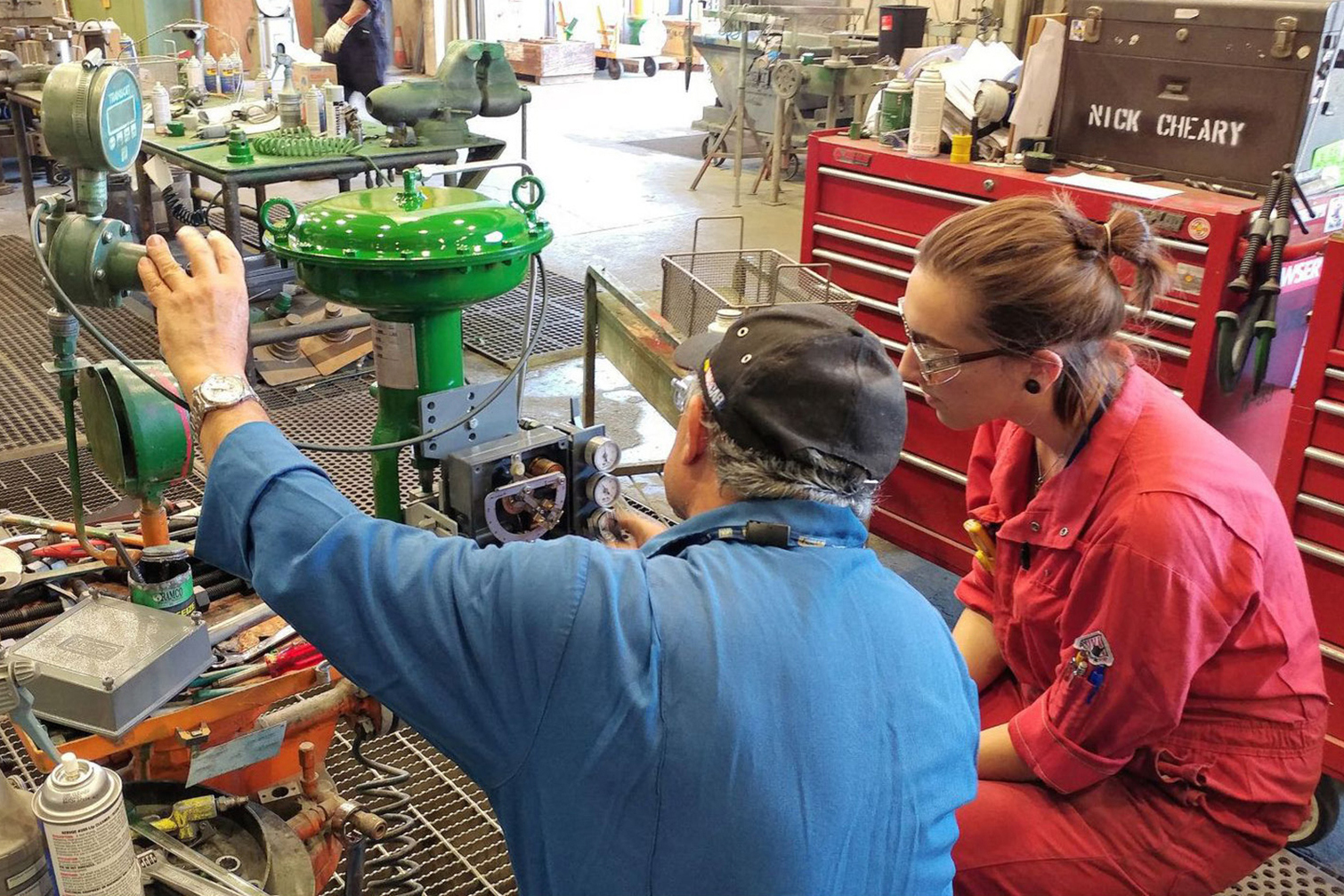
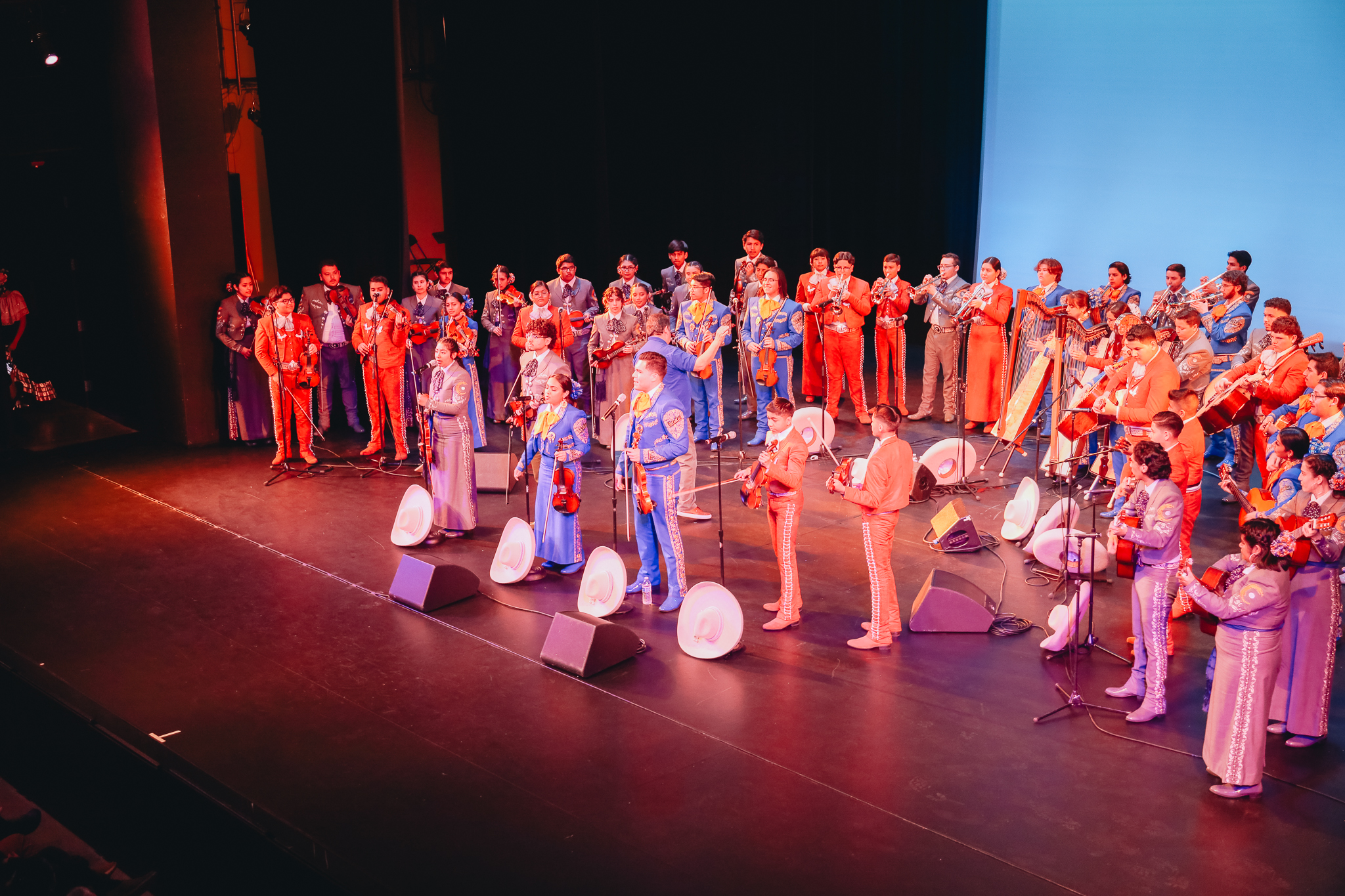
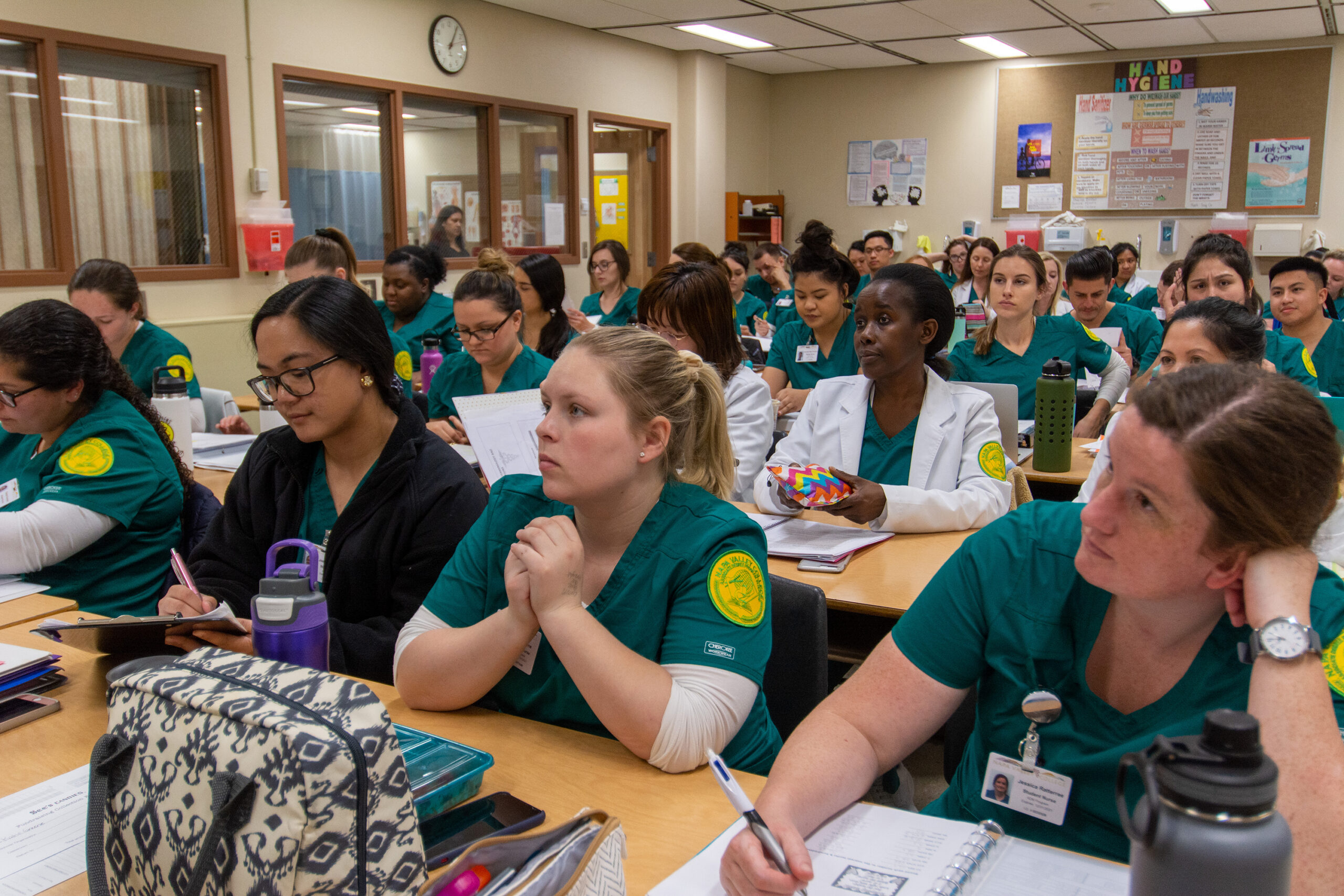
During my visit to the college, I had the pleasure to tour the main campus and meet with the president’s cabinet. The spirit of teamwork, innovation, and community at the college is celebrated and I appreciated learning about the diverse student body. The college is excited to share the work they are doing in support of their diverse campus population and culture and to advance efforts to achieve equity, including the expansion of its Academic Senate Center for Equity and Excellence in Teaching and Learning (AS CEETL) and culturally responsive pedagogy (CRP) training project.
Center for Equity and Excellence in Teaching and Learning: Culturally Responsive Pedagogy Training
The Napa Valley College Academic Senate Center for Equity and Excellence in Teaching and Learning (AS CEETL) culturally responsive pedagogy training project emerged from the development of structures put in place during the COVID-19 pandemic, when Napa Valley College was faced with an unprecedented need to transform the manner in which education was delivered to its diverse student body. The unexpected crisis provided the Academic Senate, under the leadership of Dr. Eileene C. Tejada in her role of Academic Senate President, the opportunity to address the pedagogical needs of faculty in online instructional delivery and shift from a professional development paradigm to a professional learning paradigm in which faculty could re-envision what education at the college could look like and how it could be improved to better serve its disproportionately impacted students. It also exposed the need to develop structures within the institution that enable space to explore and research a more global set of epistemologies and pedagogies to better serve the entire student body. The exploration that took place birthed what is now the NVC Academic Senate Center for Equity and Excellence in Teaching and Learning (AS CEETL).
Dr. Patricia van Leeuwaarde Moonsammy, Senior Director of Diversity, Equity and Inclusion at NVC; and Dr. Eileene C. Tejada, Professor of English and Anthropology and former Co-Chair of AS Professional Learning Committee, Center for Equity and Excellence in Teaching and Learning; describe the center as a place of research, learning, and innovation in teaching. It is a return to the mission of California Community Colleges as defined in the California Higher Education Master Plan and an innovative response to Community College Equity Assessment Lab (CCEAL) data, the objectives of the college’s Student Equity Plan, and the California Chancellor’s mandates for diversity, equity, inclusion, and accessibility initiatives. AS CEETL uses the professional learning paradigm based on appreciative inquiry methods and research models to address inequities in the classroom. Applying Dr. Tejada’s research in epistemologies and pedagogies of the Global South, the Center applies the latest research in global epistemologies and pedagogies. CEETL puts into practice strategies and pedagogies that create a more equitable classroom environment and a more equitable overall college ecosystem, including improving the quality of faculty and staff engagement with students. It is a center that takes a mindful approach to decolonizing the institution of NVC, ensuring the institutionalization of diversity, equity, and inclusion throughout all practices and cultural environments within and around the college.

The AS CEETL culturally responsive pedagogy training project was developed in levels by faculty under the leadership of Dr. Tejada, beginning with the Distance Education Pedagogy Workshops Levels 1 and 2 and the Culturally Responsive Pedagogy Workshops Level 1.
The DE Pedagogy 1 Workshops were created to follow the California Virtual Campus – Online Education Initiative (CVC-OEI) Online Distance Education course. Two of the three curriculum developers and workshop instructors had gone through the CVC-OEI course. The third instructor has a doctorate in online pedagogy and design. The instructors also included curricula to align with the ACCJC Distance Education Rubric and the Napa Valley College Academic Senate approved Peer Online Course Review (POCR). The instructors combined effective online pedagogy with Trauma-informed pedagogy and culturally responsive pedagogy.
DE Pedagogy 2 focused on humanizing the online classroom. The AS CEETL’s Online Curriculum Development Team worked to create an online course that would model for faculty effective strategies for online teaching, while also teaching strategies and techniques to humanize their online courses. Faculty participants enjoyed learning a variety of strategies to make their online courses more welcoming.
The faculty response to the distance education workshops was very positive. The faculty shared the following reflections after taking the course:
“Getting the student perspective by taking an online course in Canvas. It also modeled good pedagogy that I was able to apply to my classes. It also gave me great ideas of fun ways to engage the students. And I was able to get a jump start in creating my now 100% online course.”
“The course was well organized and clear in expectations. Instructor videos were helpful. Examples were appropriate. Working with other faculty members from various departments was worthwhile and very interesting.”
“Honestly, this was one of the more useful teaching trainings I’ve gone through. It addressed my question of “how is this meaningful to the students”…not just how to create a table in Canvas. Even though this training is geared towards online instruction, there is so much knowledge gained from each module that I’ll use for my F2F [face to face] courses, too. Thanks to all of you!”
Culturally Responsive Pedagogy 1 is an entry level course that introduces participants to basic concepts in creating curricula that builds community and cultural awareness in the classroom. The capstone assignment in this workshop is creating a liquid syllabus – to welcome students to the course and demonstrate the instructor’s intentions of inclusion and partnership.
Culturally Responsive Pedagogy 2 – This course is an intermediate level course that explores whiteness and the historical effects of white supremacy in education in the United States. The course teaches strategies of self-reflection on the effects of political and institutional resistance to Brown v. Board of Education; white fragility; and what it means to be white in a white supremacist culture and polity. The course also teaches awareness on how the effects of white supremacy shape how we teach our classes. The capstone assessment in this course is to revise a lesson plan that includes the strategies learned in the class.
Faculty also learned a lot in these workshops:
“I learned that while discussing the effects of white supremacy and white fragility I may become uncomfortable, but I am safe. The discomfort does not mean that I am not safe; it means I have work to do in that area.”
“I was never taught the history of Brown v. Board of Education and how it was resisted by state governments. I am motivated to learn more and apply it to my classes.”
Next Steps
The Distance Education Pedagogy Workshops Levels 1 and 2 and the Culturally Responsive Pedagogy Workshops Level 1 were so successful that the Academic Senate and the Office of Diversity Equity and Inclusion partnered in writing a grant proposal for the Culturally Responsive Pedagogy and Practices: Innovative Best Practices Grant from the California Community Colleges Chancellor’s Office. In the fall of 2023, they were awarded the highest grant amount possible!
As a result, NVC AS CEETL has now expanded its Culturally Responsive Pedagogy Workshops to Levels 2 and 3. In these levels, Dr. Tejada shares her research in epistemologies and pedagogies of the Global South. Dr. van Leeuwaarde Moonsammy and Dr. Tejada developed the grant proposal to focus on NVC’s most disproportionately impacted student populations, those of American Indian/Native Alaskan and African American/Black ethno-racial backgrounds, and to center the concept of indigeneity and expand its focus beyond the Americas to consider indigenous populations and cultures in other regions of the Global South, including African indigenous populations, thereby aligning the grant activities with strategic equity plans and research data.
In the current, second year of the grant, Tia Madison serves as the faculty lead for the grant. Professor Madison oversees a faculty advisory work group to assess the activities of the first year of the grant, and to make recommendations on activities for the duration of the grant period. These activities will include strategies to increase faculty participation rates in the DE and CRP courses, the development of a lecture series featuring renowned experts in culturally responsive pedagogies, and the creation of opportunities to share discipline-specific best practices in the development of courses that are responsive to the needs of the diverse student population at Napa Valley College.
Dr. van Leeuwaarde Moonsammy notes that the initiatives supported by the CRPP Grant align with the priorities of the Office of Diversity, Equity, and Inclusion and institution-wide social justice and equity goals centered on increasing student success outcomes, creating a campus climate that embraces and supports all members of the college community, increasing DEI literacy, and positively engaging in institutional transformation to better serve the diverse students that we educate.
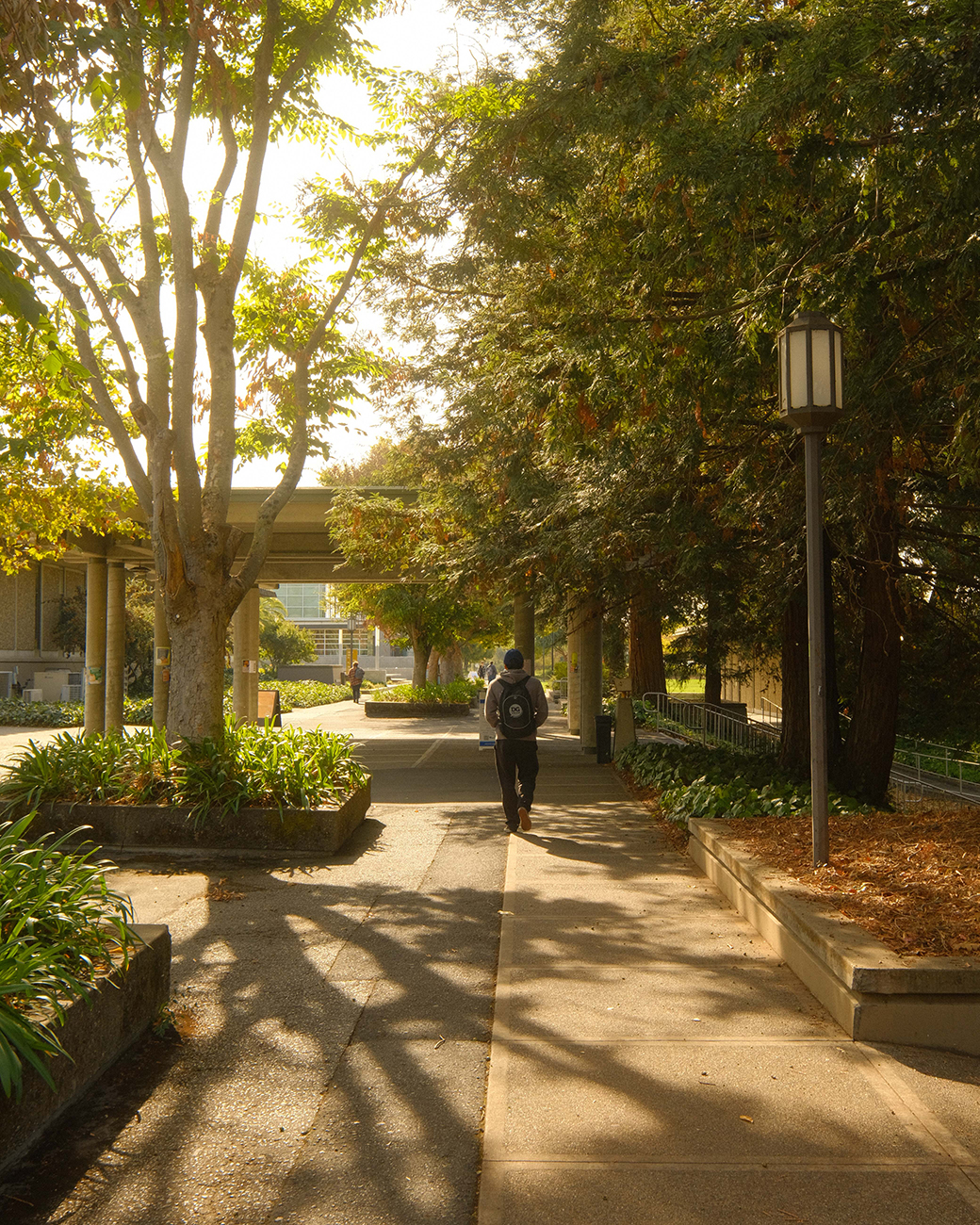
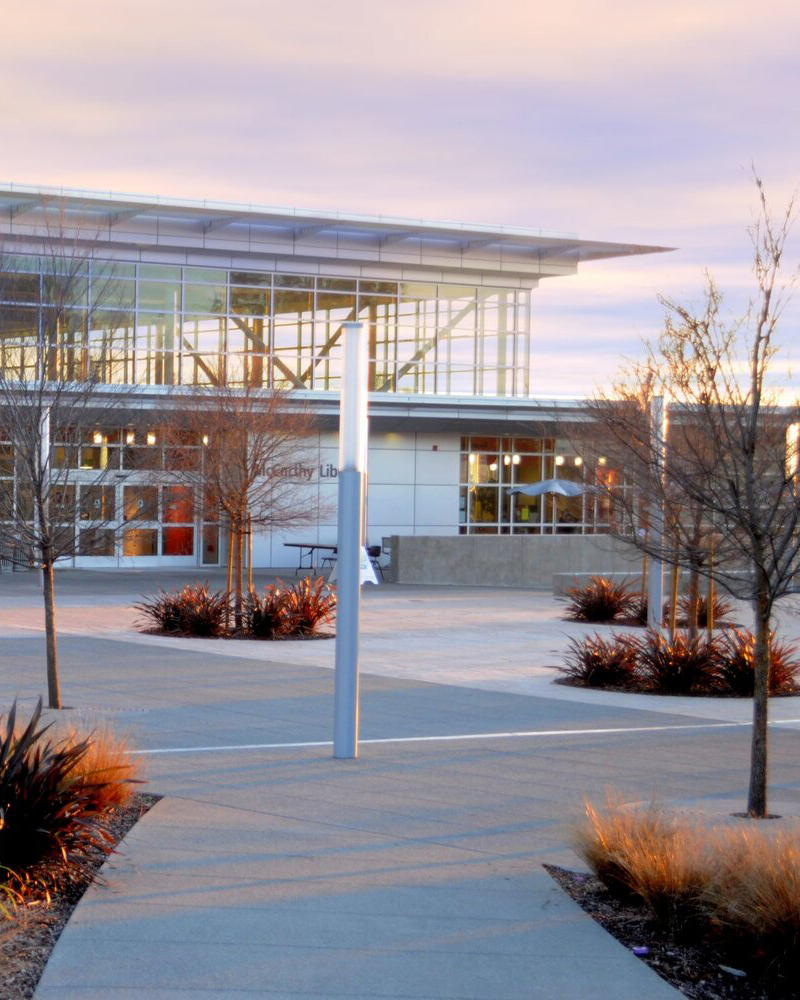
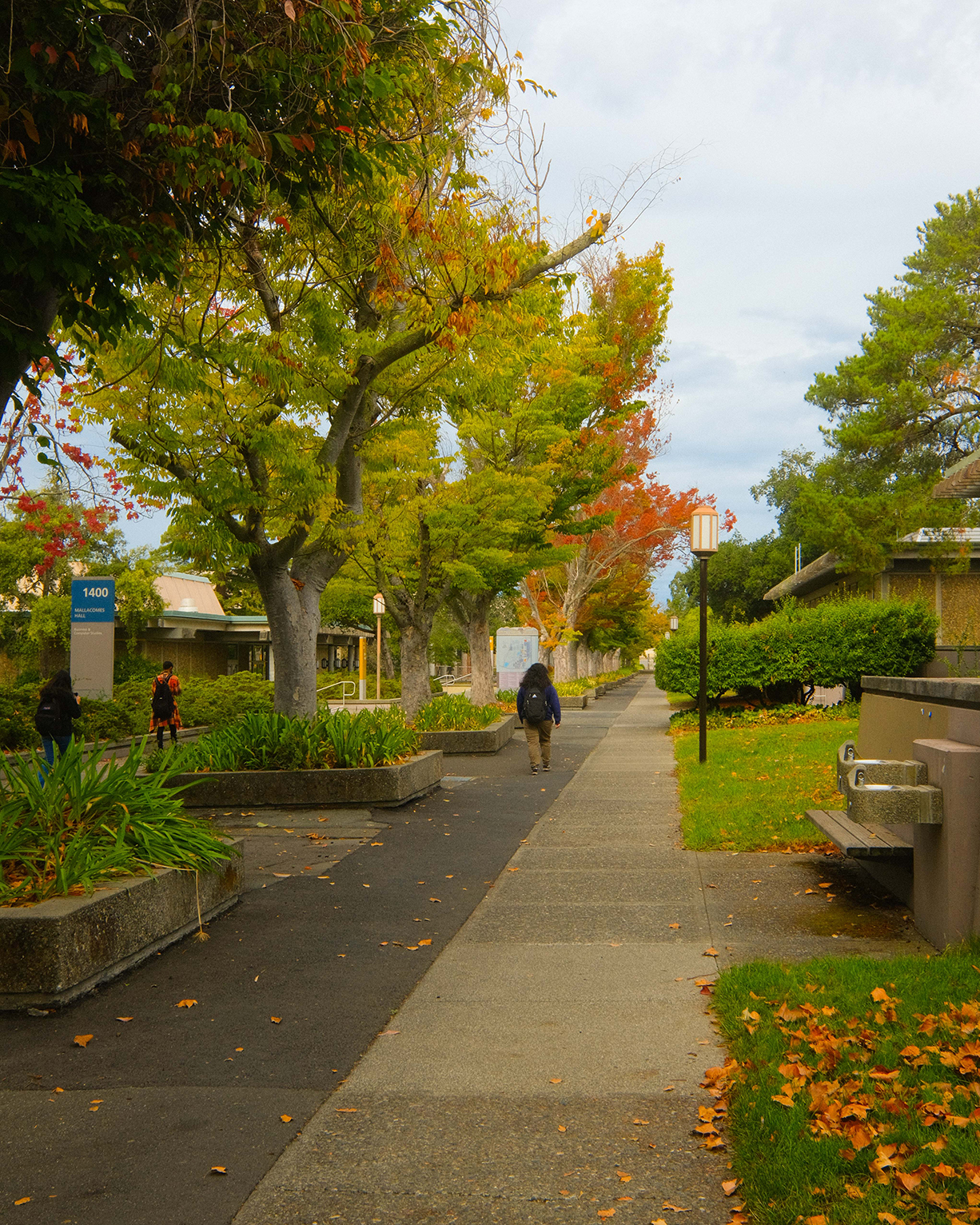
To learn more about Napa Valley College, visit their website at https://napavalley.edu/.





